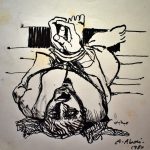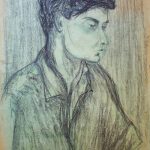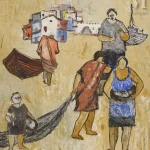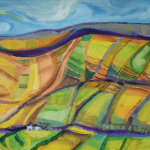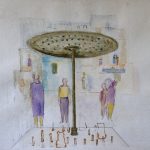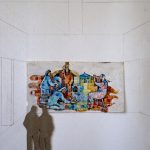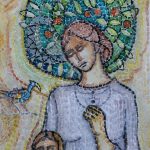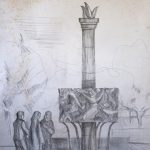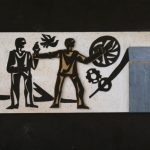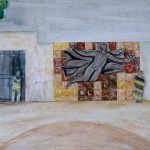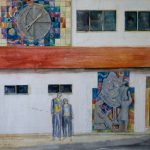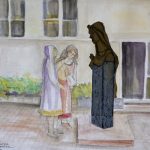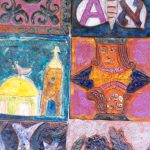
What is the price of memory and what is the cost of amnesia? Or: Visions and illusions of anti-imperialist solidarities
Workshops, Performances, Film screenings, Podcasts, Narratives, Publications, Exhibition
Exhibition 2.3.–20.5.2024, opening 1.3.
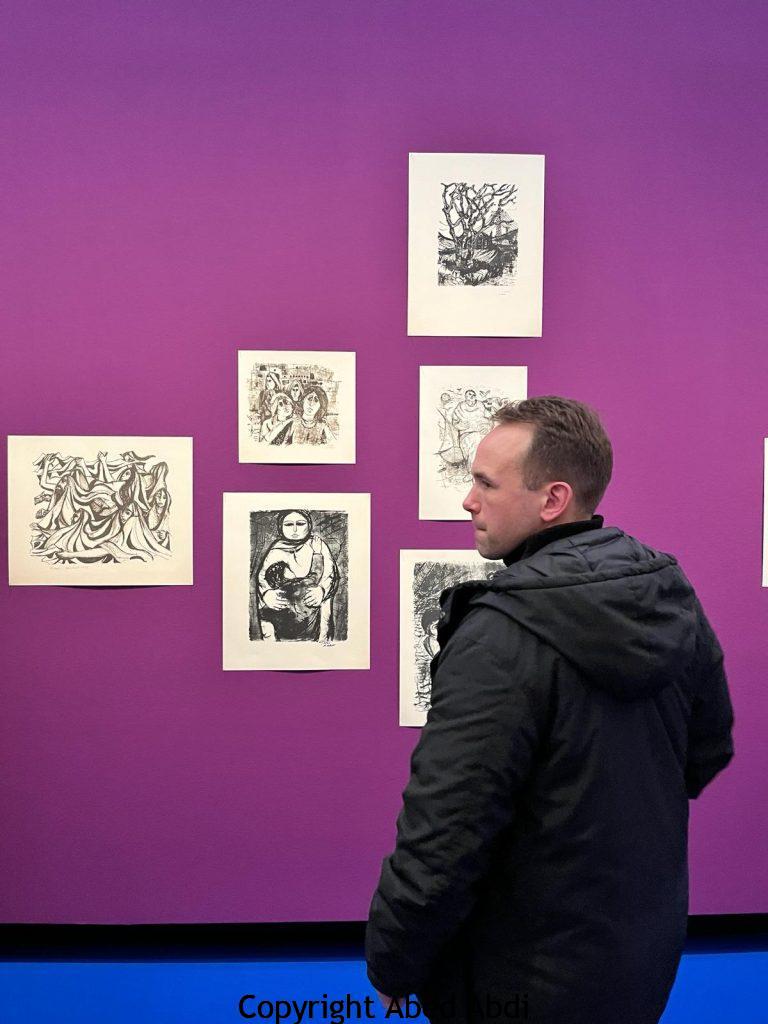
To look at Germany’s historical and contemporary global relations only through the prism of the FRG (Federal Republic of Germany), i.e. the West, is to navigate a discourse with one eye shut, inevitably leading to an exclusionary and one-sided history. An all too often ignored part of post-war and postunification Germany, or what has been critically reframed as ‘Beitritt der DDR zur BRD’ (Accession of the GDR to the FRG), is the history and legacy of migration and transnational political, economic, educational, and artistic links and exchanges that were facilitated by the German Democratic Republic’s (GDR) alliances and agreements with other socialist and socialistfriendly nations deemed their so-called Bruderländer (‘brother countries’). Taken in a more expanded sense, the term Bruderländer can be understood as referring to the congregate of ideological, political, and legal frameworks that facilitated cultural and educational exchange, economic aid, and political support between the GDR and its allies, as well as established contractual labour—and it is the frame through which thousands migrated to the GDR between 1949 and 1990. Among these were around 500,000 workers and trainees[1] from countries such as Vietnam, Mozambique, Angola, and Algeria, up to 70,000 students[2] from Vietnam, Tanzania, Syria, Guinea-Bissau, Ghana, and Nigeria, among others, and thousands of political emigrés not only from socialist countries such as Chile but also from contexts like Turkey, where communists were heavily persecuted. By 1989, the GDR was host to 190,000 foreign nationals.[3]
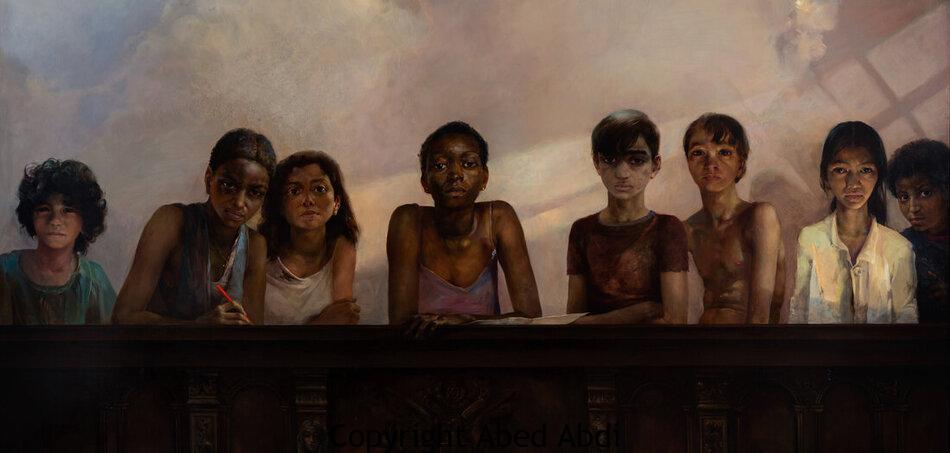
However, in the shadow of the iconographic depictions of solidarity such as a ‘united class struggle’, or ‘socialist internationalism’ were other realities. Despite the GDR’s emphasis on fair labour conditions and professional development, workers experienced labour exploitation, cramped living quarters, surveillance, curtailment of certain freedoms such as getting pregnant or being in a relationship, racist and xenophobic attacks, withheld wages by their governments, and broken promises from both the GDR governement and their own. And while the plight of workers, students, and political emigrés differed in that workers were often in a worse situation, students and political emigrés were nonetheless not spared. There were, for instance, students who arrived in the GDR to study or train, but ended up working in slaughterhouses. And workers, students, and political emigrés alike were surveilled by the Stasi, especially those who organized strikes or criticized the GDR government.[4] Some were repatriated back to their home countries, with the agreement of both the GDR and their home government.
Conditions worsened after unification. With the dissolution of the GDR, so also came the revocation of the contracts of the workers and the scholarships of the students. Many had to return to their home countries against their will.
And those who stayed experienced legal and economic insecurities, in addition to heightened racist and xenophobic attacks. In those early years of post-unification, neo-Nazis from East and West Germany committed pogroms, attacking Mozambicans and Vietnamese, as well as asylum seekers in Hoyerswerda in 1991 and Vietnamese workers and Roma refugees in Rostock- Lichtenhagen in 1992, among others. Around 3,000 Rostock residents applauded as the migrants were attacked. But how much of this was known to the average GDR citizen, and how much of this is known to the citizens of united Germany?
Of course, racism and xenophobia were not invented in the GDR, but were also prevalent in the FRG, and preceded the existence of the GDR. But to understand rise in extreme right wing tendencies and racism in the former GDR territories, and structural racism in today’s Germany at large, one would have to embark on a radical unpacking of the histories of the GDR and their implications for present-day Germany.
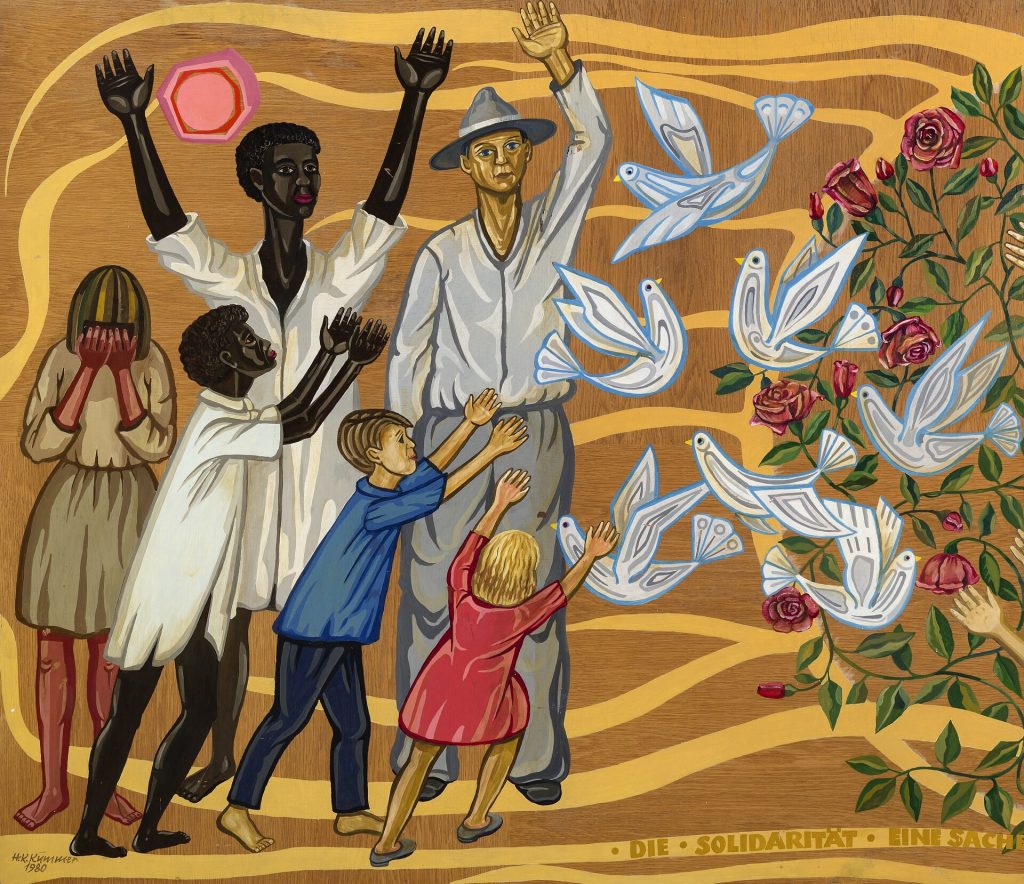
At the same time, the story is more complex than blanket assumptions of oppressive conditions in the former East Germany. For alongside unjust working conditions, unequal economic relations, racism, and unfulfilled promises were vibrant horizons and practices of socialist solidarity across individual, local, national, and global scales, including GDR support for anti-colonial, anti-imperialist, and liberation struggles in other parts of the world. How were these relations made possible? And how much of this history and its legacies remain visible today? Echos der Bruderländer is a multidisciplinary project that critically maps the GDR’s history and relations with its brother countries, a term that is critically taken up for its gendered problematics and illusions of and allusions to equality. Amid erasures, gaps, and absences in broader public educational discourses, the project attempts to understand the reverberations of those histories in Germany as well as in the former brother countries to situate these relations as part of a global history of cultural movement and exchange.
Post-unification, these histories remain largely untold, not only in terms of the grand historical narrative of the GDR, the internationalist socialist movement, and the mainstream FRG-centred historiography that erases GDR voices, but more importantly, in relation to individuals who were part of it. To understand the entanglements of migration, memory culture, and racism in contemporary Germany, it is necessary to trace its (dis)continuities with various strands of German history and the implications of structural forgetting and erasure. At the same time, it is important to look into the implications of these encounters and relationships beyond Germany, to explore transnational links and connected histories, solidarities, and contradictions, at micro and macro levels, and across various temporalities.
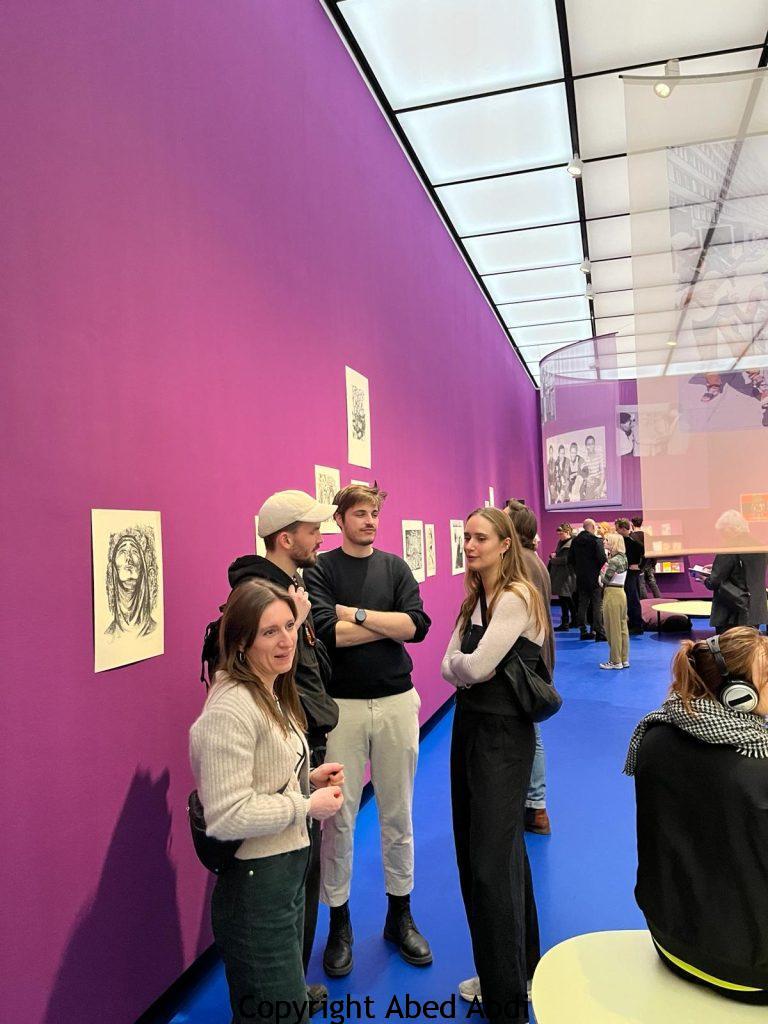
Echos der Bruderländer sheds light on these minor and major connected histories through artistic research manifesting in an exhibition, performances, workshops, an educational programme, a podcast, sonic practices, and digital and print publications, to deliberate on and make visible preand post-1989 sociopolitical relations, psychological traumas, and socialist experiences. A series of workshops taking place in Berlin traces the continuities and gaps in today’s Germany, centring voices from migrant communities of the GDR across generations. Meanwhile, various workshops and research projects led by partner institutions in Ghana, Algeria, Angola, Cuba, and Vietnam foster transnational and localized research and dialogue on site. In addition, a research collaboration in Chile further brings to the fore perspectives that are often excluded in Germanycentric reckonings with the GDR’s legacies.
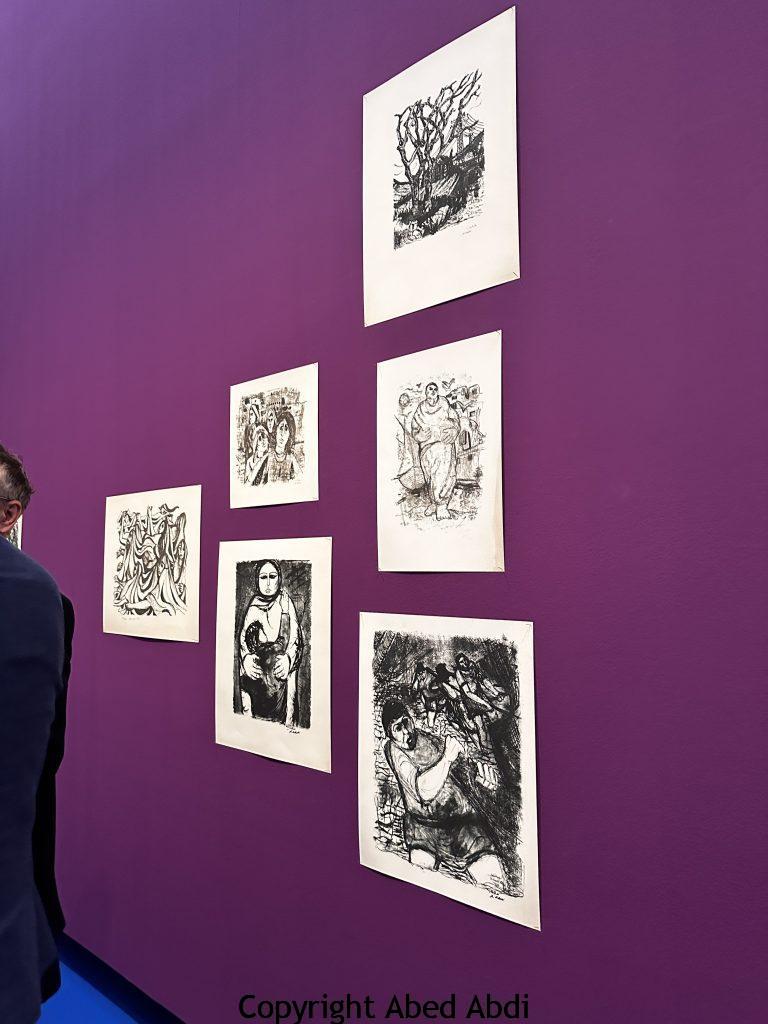
The project elaborates on the ways in which the Bruderländer history and the amnesia surrounding it continue to shape Germany and its brother countries’ demography, culture, economy, and politics and, more particularly, the lives of those who migrated under the conditions of the Eastern alliances.
Situating the exhibition within these complex histories and at the intersections of memory and amnesia, HKW aims to create a common space for remembering, listening, and recontextualizing histories of oppression, discrimination, joy, solidarity, love, or sorrow, while engaging vividly and in subtle ways with intergenerational and transnational narratives, practices, and aesthetic languages. The exhibition is accompanied by a public and educational programme for audiences of all ages in collaboration with various schools and institutions. A film programme expands the topics in the exhibition and public programme by bringing together films that were made by different generations of film-makers who have lived, studied, and worked in the GDR or have family connections to this country that no longer exists. Filmic positions that have emerged since German unification illuminate the topic from a post-migrant perspective by encouraging new transnational alliances and synergies beyond the borders of Germany.
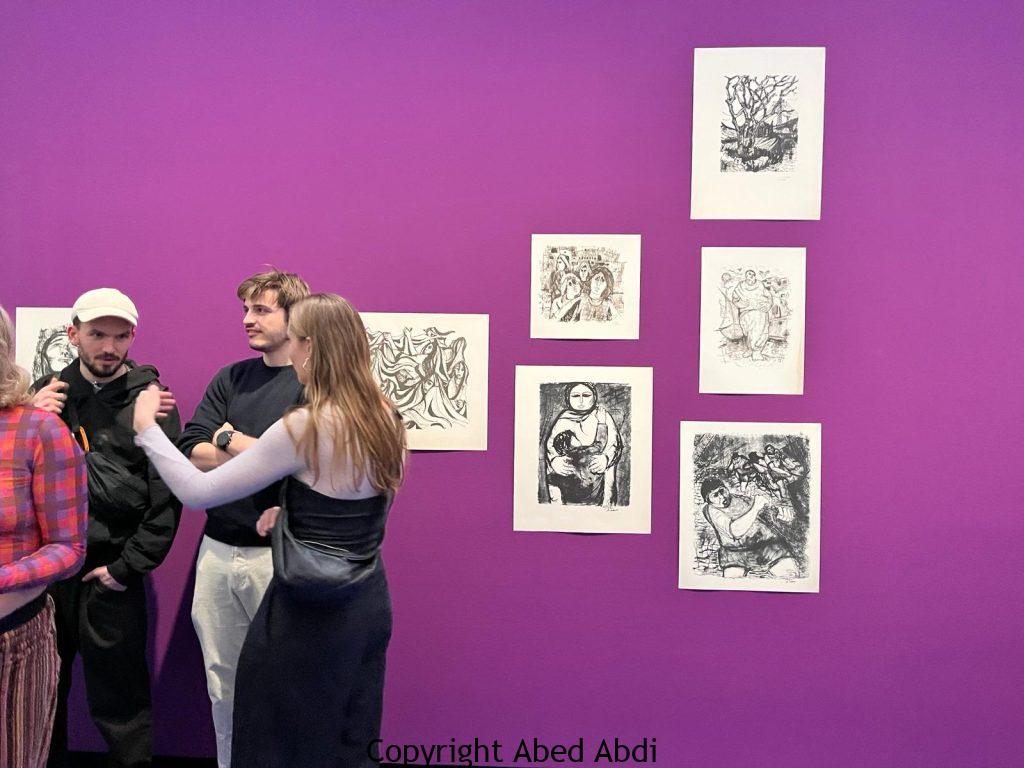
[1] Virtuelles Migrationsmuseum, ‘Glossary: Contract worker’, https://virtuellesmigrationsmuseum.org/en/Glossar/contract-worker/.
[2] Isabel Eizenbach, Julia Oelkers, and Loren Balhorn, ‘Crossing Borders Behind the Iron Curtain’ (19 Oct. 2021), https://www.rosalux.de/en/news/id/45200/crossing-borders-behind-theiron-curtain.
[3] DOMID, ‘Motif series “Migration history in images”: “Contract worker”’ in the GDR’, https://domid.org/en/news/contractwork-in-the-gdr/.
[4] Bruderland—‘Minds of their own: Migrants in the GDR’, ‘Prologue’, https://bruderland.de/en/.



